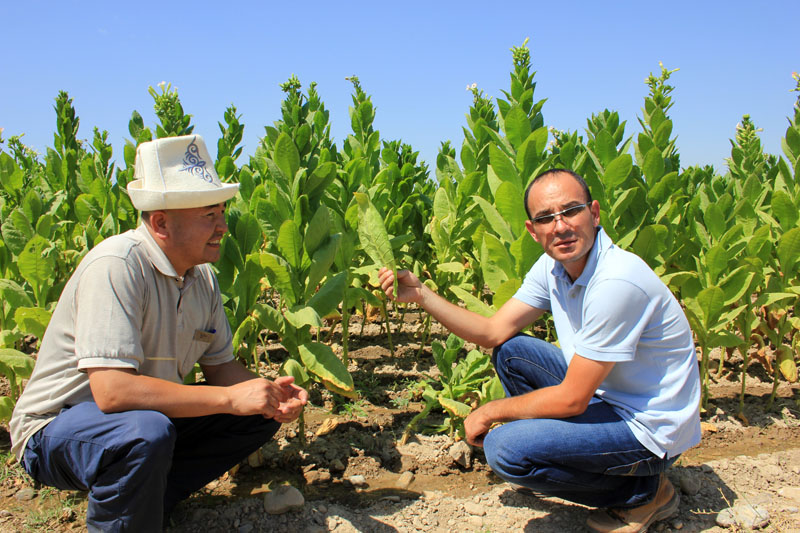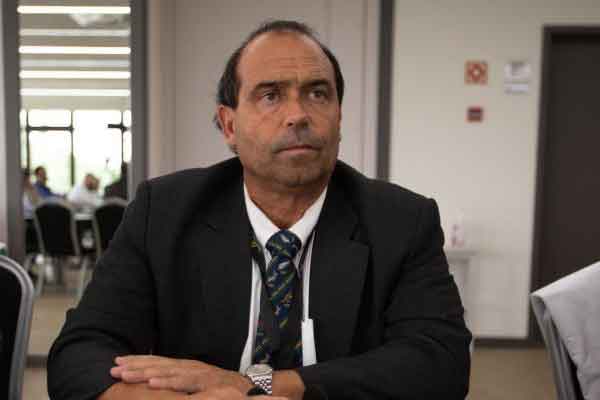ITGA Counters Tobaccco Growing Myths
- Leaf News This Week
- May 31, 2023
- 0
- 3 minutes read


As the World Health Organization marks World No Tobacco Day today, the International Tobacco Growers’ Association (ITGA) is “celebrating” World Understanding Tobacco Farming Day.
On behalf of the organization’s members worldwide, ITGA President José Javier Aranda is calling on the sector to counter some of the claims by the WHO Framework Convention on Tobacco Control (FCTC) made during World No Tobacco Day.
“It is time to stand up together and request the support of governments against the demonization of our sector,” said Aranda. “For more than 15 years, tobacco growing and growers have been subjected to incorrect arguments that put tobacco farming as the main enemy to all sustainable development goals.
According to Aranda, the WHO ignores the evidence. “The reality is that no viable alternatives to tobacco growing have been found and the implementation of WHO FCTC Article 17 (economically sustainable alternatives to tobacco growing) has not provided any tangible results,” he said.
“This is due to the exclusion of the main actors in this debate—the tobacco growers. We will never achieve sustainable transition, where growers’ livelihoods are guaranteed, if we don’t look at the issue from all relevant perspectives.”

It is time to stand up together and request the support of governments against the demonization of our sector.
As part of its campaign, the ITGA is publishing information about the tobacco sector, including its socio-economic impact and importance for local communities.
According to the ITGA, many tobacco growers have already diversified their production. Crop rotation is a standard routine for farmers around the world. However, diversification is not an option for most cases as market realities and the funding required to move away to other economically viable crops are not there.
A much-touted WHO diversification pilot project in Kenya, has no meaningful significance in the global context, as it accounts for only 0,0005 percent of the total tobacco production, according to the ITGA. “To reach pragmatic solutions for most tobacco growers, farmers must be included in the debate,” the group wrote in a statement.
“The ITGA calls on governments to protect tobacco farmers and consider all arguments during meetings when decisions about growers’ future are being made. Governments have to make sure these discussions are inclusive. “If this had been the case in the last 17 years, since the working group for Articles 17 and 18 started, the evolution in the sustainable transition to other crops would be in a much more advanced stage.”
On its website, the ITGA has crafted retorts to common criticisms of the sector. For example, in response to the frequently aired accusation that tobacco growing is bad for the environment, the ITGA points out that tobacco covers only 0.25 percent of the world’s cultivated land. In response to the claim that tobacco growing is bad for growers’ health, it points out that the only health risk unique to tobacco crops is green tobacco sickness—a condition that is easily avoided with proper attire and training.
